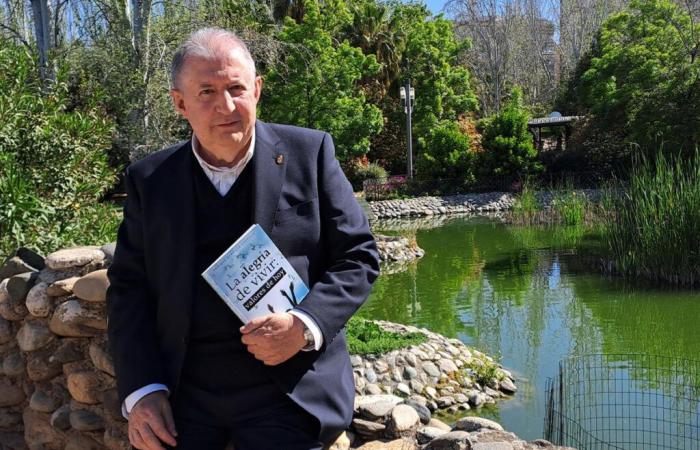Enrique Gervilla Castillo (Bérchules, 1945) was always very clear that his thing was education and religion. And to that he has dedicated his life … Since in 1980 he moved to Salamanca to study the specialty of pedagogy at the Pontifical University, since then it was not possible to do it in Granada. On his return “he was lucky” that he would be implemented in the UGR and, in 1987, he opted for a position of titular professor. In 1996 he made the opposition to the chair of the University of Granada, “since then, more than 30 years I have been as a professor and researcher at the Faculty of Education Sciences of this University, with a very pleasant job for me because it has obviously been my vocation from a very young age, together with the theology I studied in the Faculty of Granada,” says Ufano.
He also studied teaching at the Normal School, his first destination being the Locallidad of Pitres where he exercised as a priest and as a teacher. Already as a professor and professor he has combined his teaching work with the publication of monographs and coordinating collective works on these topics. The last one is entitled ‘The joy of living. Today’s values’ published with the Caligrama publishing house.
“It is a book of several years of work in which I meet articles that I have published in several media, some also in ideal, where it treatment of human values and religious values,” he clarifies before adding that two blocks can be distinguished, the first 19 chapters are related to human values because “they interest any human being, any race and any religion.”
He reiterates that in them he addresses “human and humanizing issues” such as reason and passion, the value of effort, the tyranny of beauty, happiness, freedom, peace, tolerance, wisdom, manipulation of language, the value of the human body or the values of the young Spaniards, among others.
second part
The second part, from 20 to 30, both inclusive, are religious issues that, as stated in the introduction “they will interest more to those who are Christians to justify their faith and also for those who are not because Christian customs will better understand, because we want or not the culture of Spanish and Western society is based on Christian values.”
Therefore, he understands that his work will better understand the celebration of Christmas, Holy Week or the month of May in which we celebrate a series of facts that when they are known acquire greater sense. “As I say,” he says, “for non -Christians, they will be interested in knowing and living what you really live in society and culture and for Christians it will help them just to deepen their faith, from there I speak of the importance of the first communion under the Christian point of view, of what is fraternal love …”. This is highlighted in the synthesis of the book where he points out that «’The joy of living’ indicates a set of values to achieve a more human and happy life».
From the fortnight of books signed by Enrique Gervilla, as an author or coordinator, ‘postmodernity and education. Values and culture of young people ‘(1993),’ Education and Values '(1998),’ An axiological model of Integral Education ‘(2000),’ Values of the Educating Corps. Anthropology of the body and education ‘(2000),’ Education today: concept, questions and values '(2001),’ The tyranny of beauty, an educational problem today. The aesthetics of the body as value and as a problem ‘(2002),’ Globalization, Immigration and Education (2002), ‘Education makes us free’ (2011) ‘, among others to which it now adds’ the joy of living. Today’s values.






